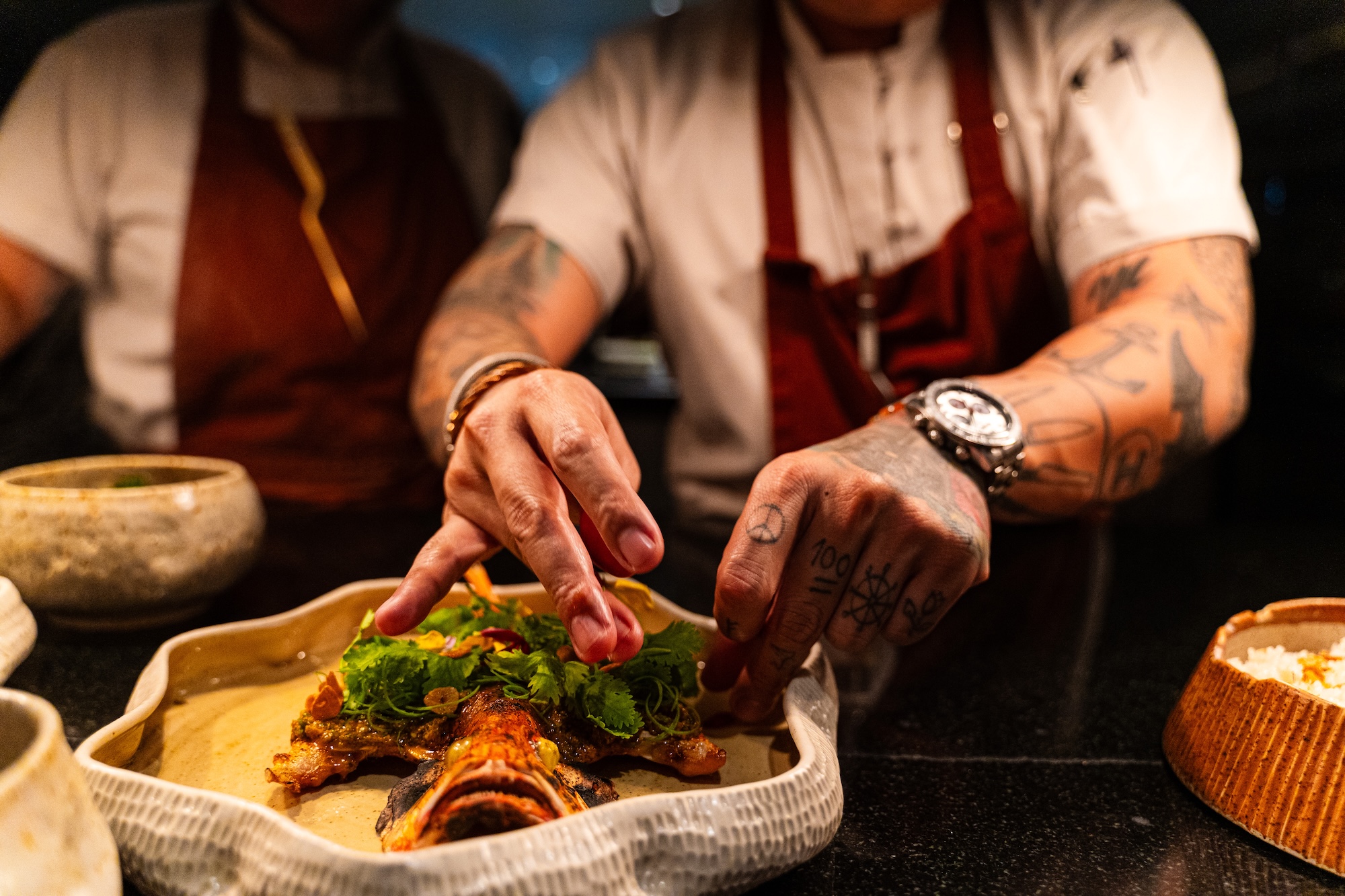Perhaps the drink that could save us isn’t a green slush. Today’s latest health elixir consists of fermented tea and a pancake-looking culture. Doubters call it a source of stink; believers call it the kombucha—a life-saving beverage.
An ancient invention from East Asia, kombucha is a probiotic brew powered by SCOBY, a symbiotic culture of bacteria and yeasts with many antiviral, antibiotic, and anti-fungal properties. It’s an alternative remedy for digestive problems, arthritis, and even liver detoxification. Before it was shelved as one of history’s many bogus medicines, health enthusiasts catapulted kombucha back to public consciousness. These days, a small niche in the local beverage business is concocting this probiotic alternative.
“The challenge is making [Filipinos] like it,” says Liquido Maestro’s Kalel Demetrio, who has been experimenting to make kombucha more relatable and palatable. From bartending to becoming a liquid expert, Demetrio has been researching and sampling local produce to create original flavors—from tangy santol grapefruit and fragrant hibiscus pandan to the saccharine mango tarragon—that complement kombucha’s sour notes.
“Filipinos will only consume potent ingredients for a second or third time. By the fifth time, there’s no such thing as ‘getting used to it.’”
Kombucha may brim with benefits, but its taste can polarize. Reminiscent of apple cider vinegar, the fizzy beverage doesn’t leave a delicious impression. It takes a reinvention to brand kombucha as an essential drink rather than another trendy gimmick.
“You have to capitalize on the flavors, sa sarap talaga,” he says, “Filipinos will only consume potent ingredients for a second or third time. By the fifth time, there’s no such thing as ‘getting used to it.’ If [we educate] their palate about this drink, it will be beneficial to them in the long run.”
Drinking it may sound like a convenient trend, but when bones start hurting and the tummy grumbles after an oily lechon feast, Filipinos will slowly catch up to make it a national habit.
Originally published in F&B Report Vol. 13 No. 3











































